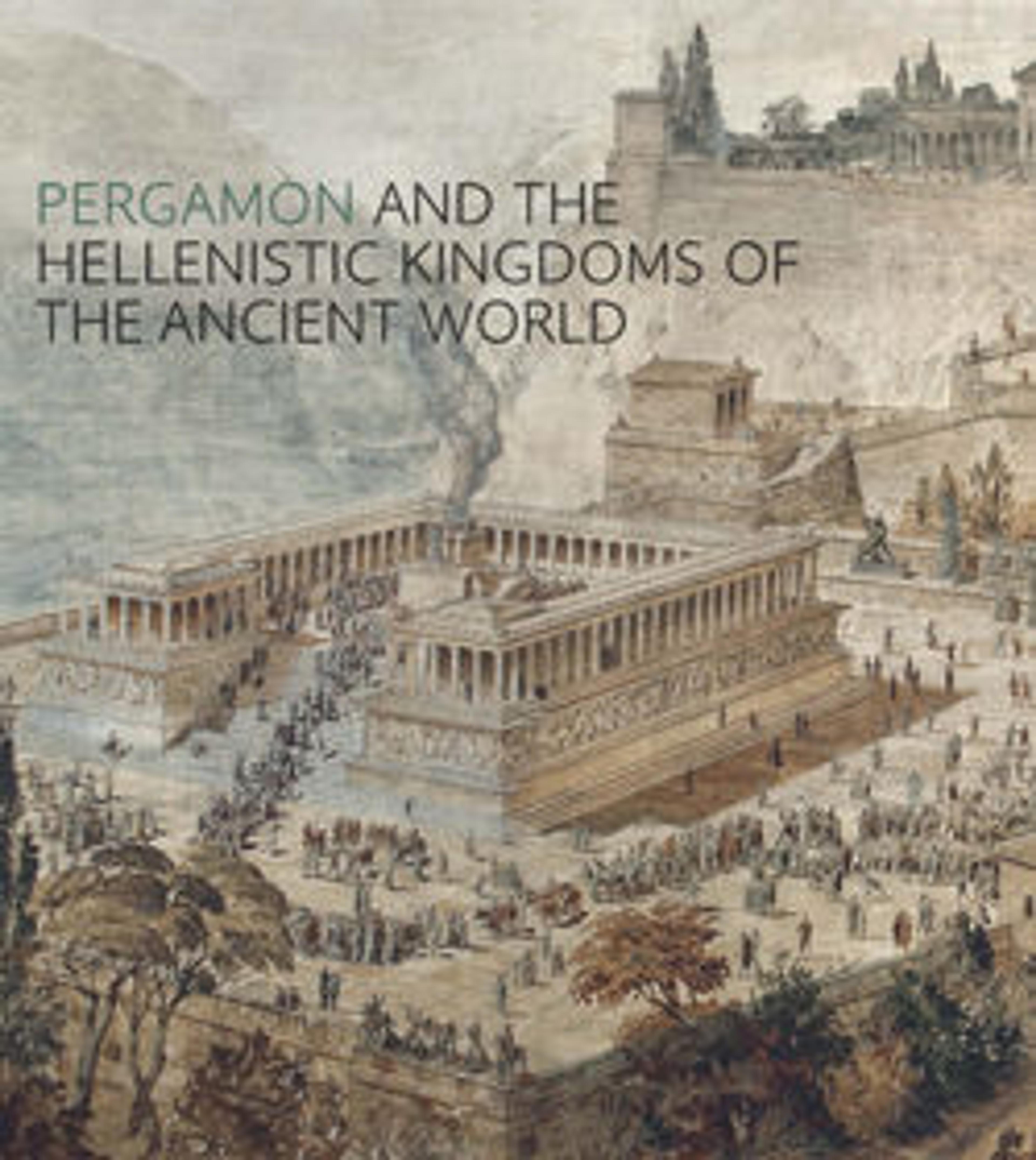Gold oktadrachm of Ptolemy IV Philopator
head of Ptolemy III, Euergetes/double cornucopiae
minted in Alexandria, Egypt
Gold and silver were the primary raw materials for Hellenistic coinage of intrinsic value. The Ptolemies had access to abundant gold from the mines in Nubia, but most silver had to be imported to Egypt from farther afield. Consequently, the Ptolemies placed greater importance on gold coinage, producing some of the finest gold issues of Hellenistic times, examples of which you see here.
minted in Alexandria, Egypt
Gold and silver were the primary raw materials for Hellenistic coinage of intrinsic value. The Ptolemies had access to abundant gold from the mines in Nubia, but most silver had to be imported to Egypt from farther afield. Consequently, the Ptolemies placed greater importance on gold coinage, producing some of the finest gold issues of Hellenistic times, examples of which you see here.
Artwork Details
- Title: Gold oktadrachm of Ptolemy IV Philopator
- Period: Hellenistic
- Date: 221–204 BCE
- Culture: Greek, Ptolemaic
- Medium: Gold
- Dimensions: 1 1/16 in., 0.979oz. (2.7 cm, 27.77g)
- Classification: Coins
- Credit Line: Theodore M. Davis Collection, Bequest of Theodore M. Davis, 1915
- Object Number: 30.115.21
- Curatorial Department: Greek and Roman Art
More Artwork
Research Resources
The Met provides unparalleled resources for research and welcomes an international community of students and scholars. The Met's Open Access API is where creators and researchers can connect to the The Met collection. Open Access data and public domain images are available for unrestricted commercial and noncommercial use without permission or fee.
To request images under copyright and other restrictions, please use this Image Request form.
Feedback
We continue to research and examine historical and cultural context for objects in The Met collection. If you have comments or questions about this object record, please contact us using the form below. The Museum looks forward to receiving your comments.
